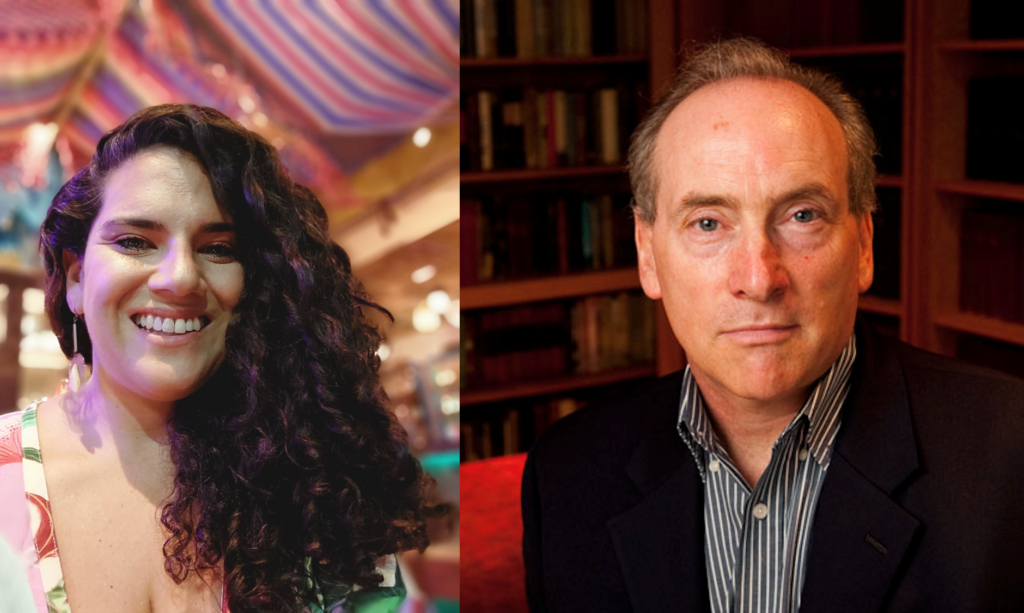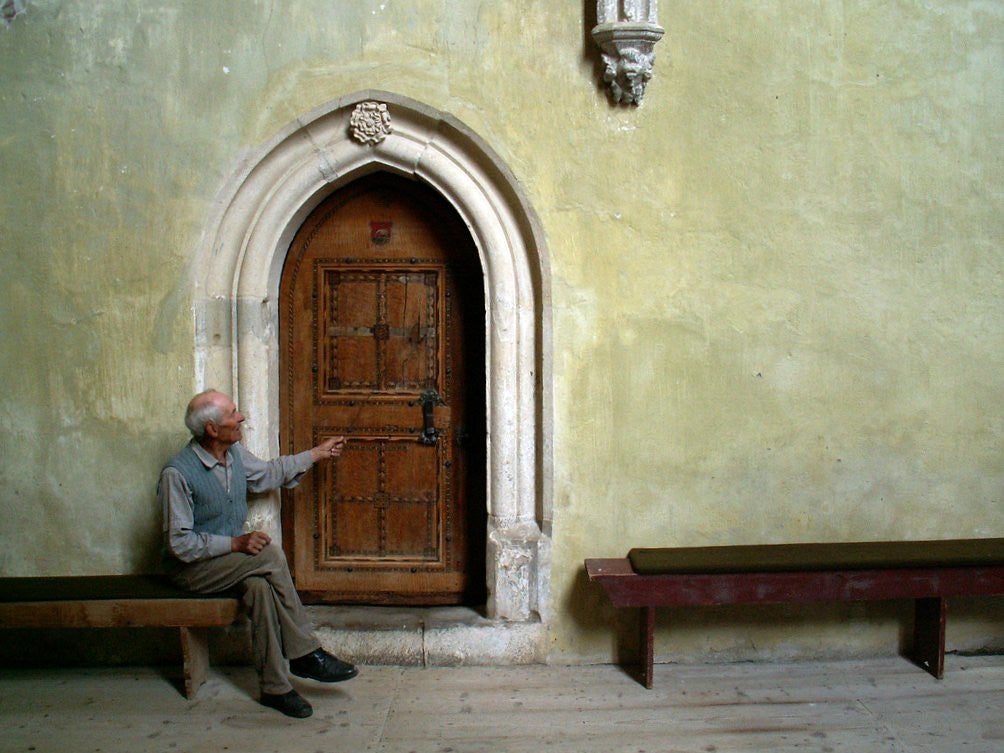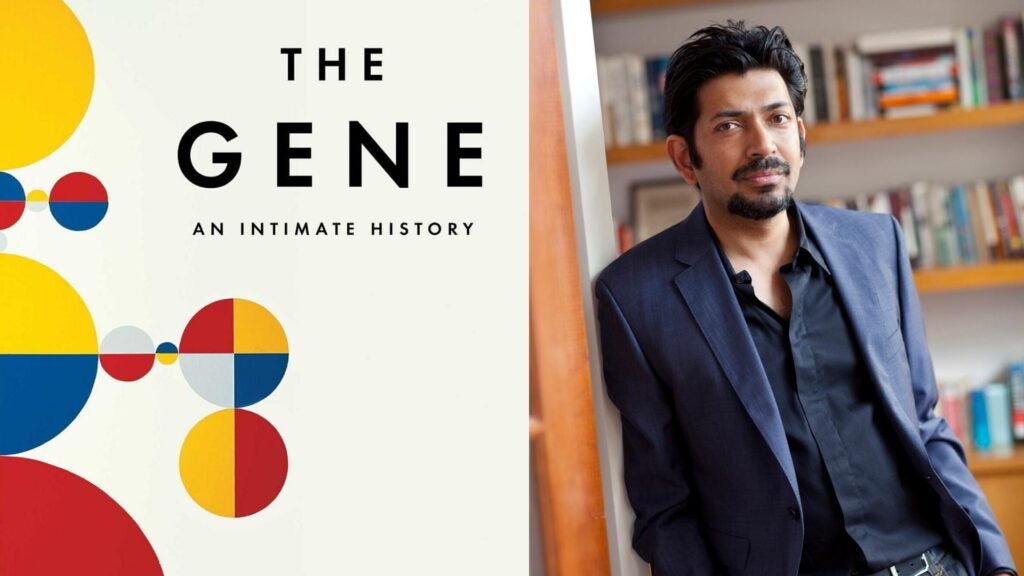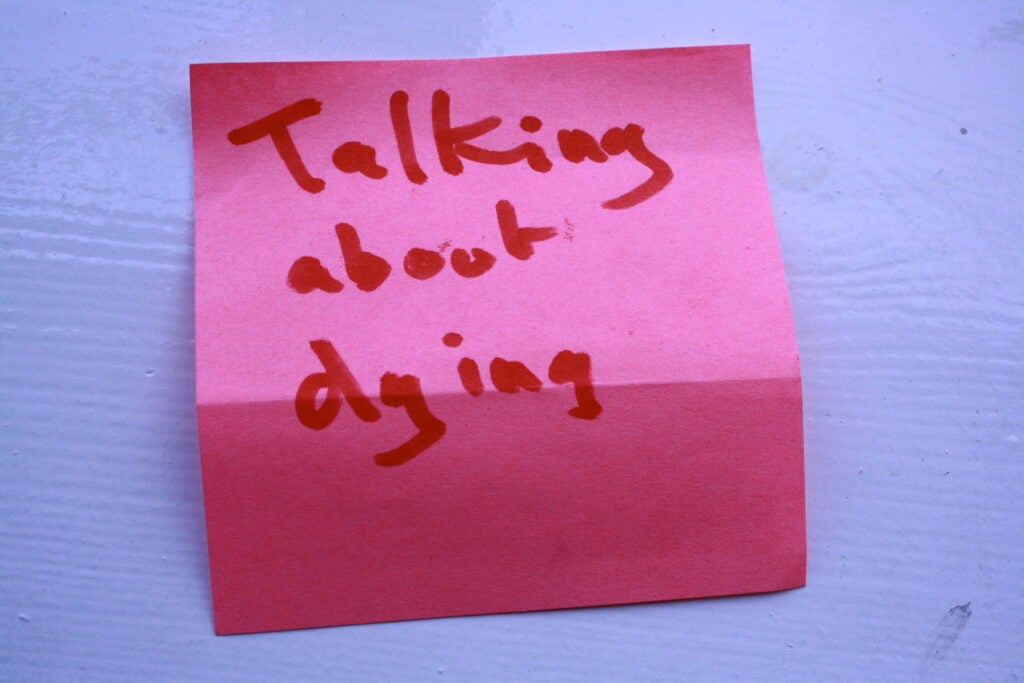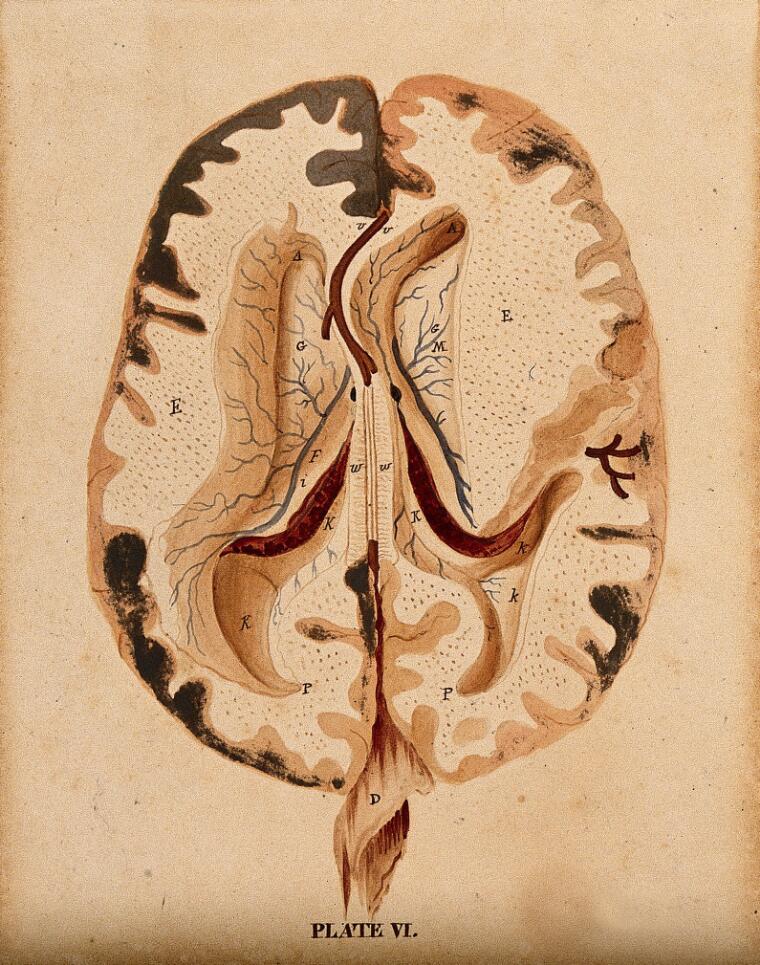Archive: Media 2017
7 Articles
- Media
Natascha de Vasconcellos Otoya Interviewed Professor John McNeill
Natascha De Vasconcellos Otoya, History PhD student and one of our 2021-2022 Research Fellowships recipients, interviewed Professor John McNeill about his work on global…
November 29, 2017
- Media
“Selective Empathy: Stories and the Power of Narrative”, Aminatta Forna on World Literature Today
Aminatta Forna reflects on the power of storytelling, and how it both allows us to understand the worlds of other people, while also reflecting "entire range of views,,…
November 6, 2017
- Media
“Literature’s Lessons for Medical Students”, Daniel Marchalik’s Reflections on the MedStar Health Blog
Drawing from his trajectory studying both medicine and literature, Dr. Daniel Marchalik reflects about the value of applying literature to the medical field in this post on the…
September 18, 2017
- Media
“The Future of Genetics—How Far Is Too Far?”, Claire McDaniel and Daniel Marchalik’s Entry on The Doctor’s Book Club
In this entry on The Doctor’s Book Club, Dr. Daniel Marchalik and Claire McDaniel explore Siddhartha Mukherjee’s The Gene: An Intimate History, which traces the long history…
August 10, 2017
- Media
“The Other Side of Research in The Immortal Life of Henrietta Lacks”, Claire McDaniel and Daniel Marchalik’s Entry on The Doctor’s Book Club
In this entry on The Doctor’s Book Club, Dr. Daniel Marchalik and Claire McDaniel delve into the history and evolution of bioethics, and its impact on the individuals involved…
July 3, 2017
- Media
Dr. Michael Pottash Writes about Clinicians’ Word Choices on the Better Healthcare Blog
Dr. Michael Pottash writes about the use of nonspecific words amongst clinicians when communicating prognosis to patients, families and other medical providers, and suggests that…
April 22, 2017
- Media
Neuroscience, its Applications and Implications, Dr. Nigel Cameron Interviews Dr. James Giordano for the Center for Policy on Emerging Technologies
Dr. Nigel Cameron, President and CEO of the Center for Policy on Emerging Technologies, interviewed Dr. James Giordano on his work in neuroscience, from basic research, to, …
February 23, 2017

